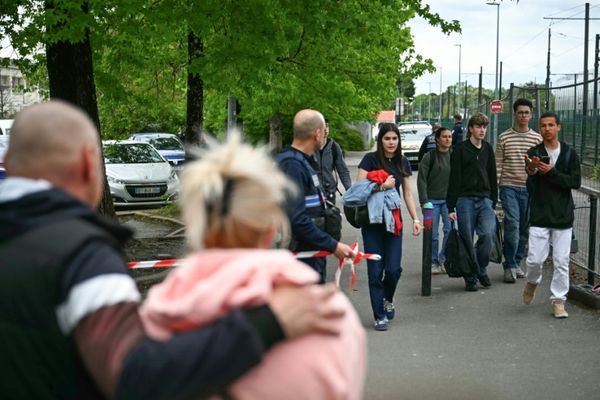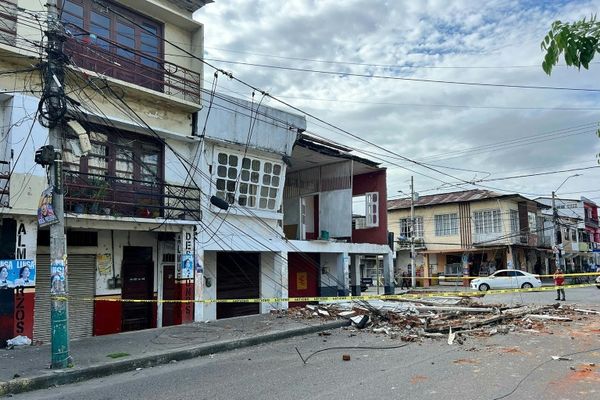
Record numbers of children are migrating across Latin America and the Caribbean with more than 60,000 children risking life and limb to cross the treacherous Darién Gap jungle pass this year, according to a new Unicef report.
Sounding the alarm over the rising number of youngsters on the move, the UN’s children’s agency said at least 92 migrant children had died or gone missing last year – more than any other year since 2014.
Children make up 13% of the world’s migrant population but 25% in Latin America and the Caribbean.
The report’s lead author, Christopher Tidey, said a confluence of factors were driving the exodus, including climate change, drug-related violence and the economic fallout from the coronavirus pandemic, which had pushed already vulnerable families to breaking point.
Perhaps nowhere are the risks more severe than the Darién Gap, a remote rainforest bandit country between Colombia and Panama that is the only land route between South and Central America.
The number of people making the perilous footslog through that roadless jungle has soared in the past three years, as migrants from countries as far apart as Afghanistan, China, Eritrea and Haiti attempt to reach the US.
Unicef said about 133,000 people crossed the Darién in 2021 – at least 29,000 them children. In 2022, that figure almost doubled, with about 250,000 people braving the route, including an estimated 40,000 children, 600 of them unaccompanied.
This year, yet another Darién record will be set, with more than 250,000 people crossing between January and August, including more than 60,000 children. Aid groups have warned they cannot cope.
“It’s brutal for adults and brutal for kids,” Tidey said of a “really inhospitable” trek that can take up to a fortnight and involves scrambling up a peak known as “La Montaña de Muerte” – the Mountain of Death.
“There’s knee-deep mud … it’s hot. There are insects and animals. It’s super treacherous and people die – either from injury or in some cases from becoming very dehydrated or lost,” added Tidey, a senior communications adviser at Unicef.
“It is very dangerous and very dense terrain, so if you get into trouble it’s not like the cavalry is going to come in to help. These folks are really on their own and for kids in particular it is such a precarious situation to be in.”
The largest group of migrants braving the Darién are Venezuelans forced from their homeland by a decade-long economic collapse that intensified after Hugo Chávez’s death in 2013. At least 138,588 Venezuelans have passed through the region this year.
The second highest number – 34,894 – came from Ecuador, a country grappling with an explosion of crime-related bloodshed that was catapulted into global headlines by last month’s assassination of the presidential candidate Fernando Villavicencio. Ecuador’s murder rate rose by nearly 500% between 2016 and 2022.
A harrowing recent Channel 4 News report from the Darién laid bare the almost unthinkable perils migrant children are exposed to as their parents lead them towards what they hope will be a better life.
“The only thing I think is that I must give them a better future,” one Venezuelan mother said as she trudged through the rainforest with two daughters she was trying to convince were playing a game.
“I told them that they’re on holiday and that we’re going on an excursion to look for the treasure at the end of the river,” she added.
Another woman, from Cameroon, said she had abandoned her country to avoid being killed and sought a safer future for her daughter. “My life is in danger every minute [back home] – every minute I fear the threat of death and torture,” she said, downplaying the Darién’s dangers.
“Even if I am raped, I might not die from the rape. I know it’s bad. It’s dangerous. Yeah,” she said. “But it’s better than death.”







